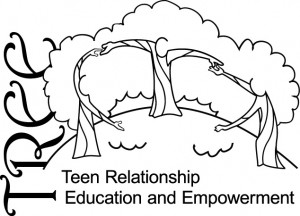Mrs. Albert is 83 years old. She has multiple medical problems that are quite real and that produce chronic, progressive pain and weakness. She is on a number of medications, and she is faithful to the regimen her doctors prescribe. Nevertheless, nothing the doctors do seems to help her. On the other hand, her faith helps her to cope and to maintain independence and the church-related activities that are so important to her. She told her doctors, “Whenever you pray, you get healing from God.”
Mrs. Albert’s doctor is impressed by his patient’s fortitude, and he wants to understand better the relation of health to religion. He has read articles by Dr. Harold Koenig of Duke University, so he wrote to Dr. Koenig asking for some advice. Dr. Koenig’s answer regarding chronic pain and prayer has both medical and spiritual elements. Other doctors, however, disagree fundamentally with Dr. Koenig and explain differently the relation of Mrs. Albert’s prayer to her condition.
Issues and Study Questions
- Based on the overview above, what are the beliefs and issues here?
- If you were the doctor, what would you do differently?
- Would the other doctor’s advice change how you treated your patient?
- Is there an issue here, if Mrs. Albert is compliant in her care?
- Was religion an issue in this situation?
- What is the responsibility of the doctor in such a situation? What about other professions?
- Do you think there is a “right” and “wrong” way to handle this situation? Why? Why not?
- Have you faced similar issues in your own profession or personal life? If so, what were they? Were they resolved?
- What can be learned?
- Do you think education about religious literacy would have helped/harmed in this situation? How so?
Source: Religion and the Professions (General Honors 1030) taught by Dr. Jill Raitt, University of Missouri
 April 30, 2009 – The
April 30, 2009 – The 